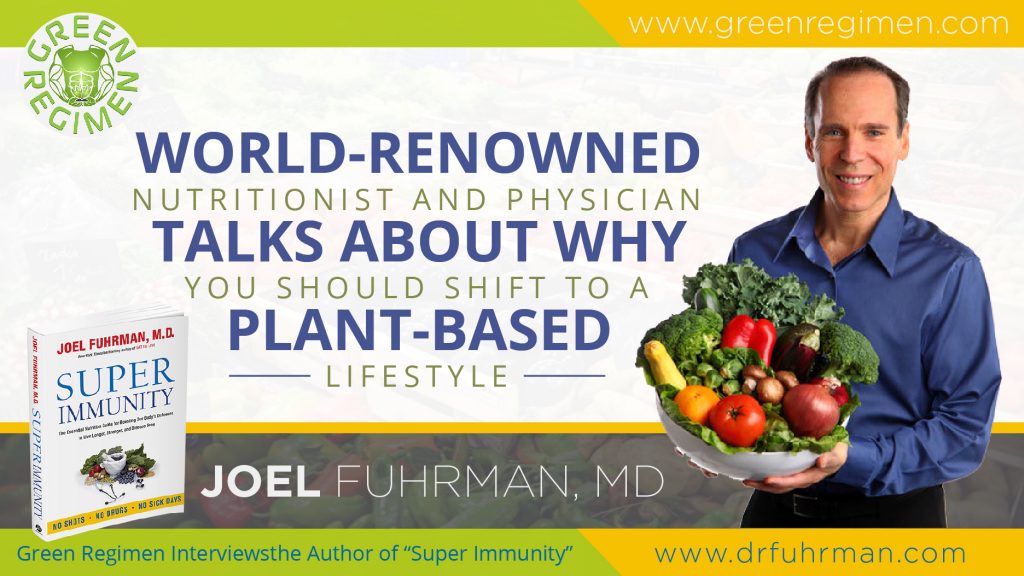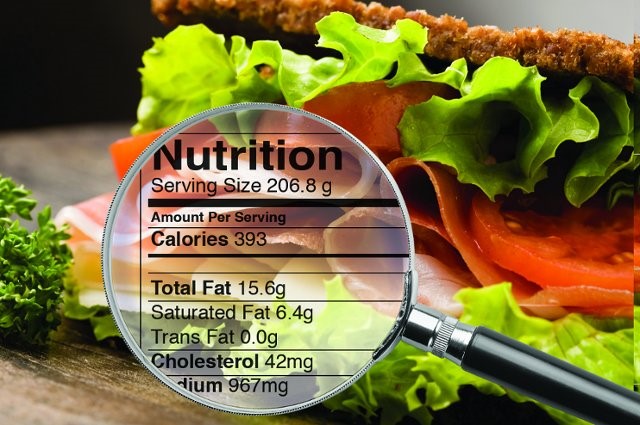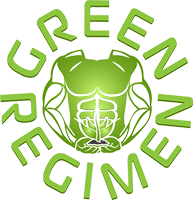In our pursuit of providing the world with the most natural and organic plant-based products and guiding everyone to live a healthy, optimal lifestyle, we got a rare chance to interview a leading nutrition expert.

Joel Fuhrman, M.D. is a board-certified family physician, six-time New York Times best-selling author and internationally recognized expert on nutrition and natural healing, who specializes in preventing and reversing disease through nutritional methods. Dr. Fuhrman coined the term “Nutritarian” to describe his eating style, which is built around a diet of nutrient-dense, plant-rich foods.
Get to know and be inspired by Dr. Fuhrman’s story and his views on plant-based health:

Q: What inspired you to specialize in plant-based health?
Dr. Fuhrman: I was inspired by the work of Herbert Shelton and read all of his books and magazines when I was a teenager. When I was a child my father was overweight and sickly and greatly improved his health via following this Natural Hygiene approach. I witnessed many remarkable health recoveries from excellent nutrition in my late teens and early twenties, giving me enthusiasm for going to medical school. In addition to my experience as an athlete and working with world class athletes, I have devoted my career to extensive nutritional research, analyzing data from thousands of research studies and have more than 25 years of treating patients using nutritional tools to reverse disease.

Q: Were there any challenges you experienced during and after the shift to a plant-based lifestyle?
Dr. Fuhrman: I have been eating a whole-food based, plant-rich lifestyle since childhood. The challenges were always being aware of the toxic American diet, watching people suffer and die needlessly from eating dangerous foods, that they were addicted to.

Q: Why should athletes and fitness enthusiasts choose plant-based protein sources? How will it (along with a nutritarian diet) affect their performance?
Dr. Fuhrman: I have been a professional athlete and later a coach of world-class athletes for many years, before going to medical school. Since then I have advised world-class and Olympic athletes and contributed to their success. Animal products contain no phytochemicals or antioxidants. Excessive reliance on animal products for protein, increases oxidative stress, accelerating the aging process. The main reason a Nutritarian dietstyle affects performance is that by eating a diet with lots phyto-nutrient rich plants, immune function improves. The result is more rapid recovery from stress and the avoidance of viral infections that could derail training, complicate competition opportunities and interfere with peaking at the right time. A Nutritarian diet also aids stamina. Secondly, Nutritarian athletes age slower and can have careers that span decades in their sports without diminished performance statistics.
Don’t forget the protection a Nutritarian diet offers against osteoarthritis later in life. Many conventionally eating athletes suffer greatly as their joints age from the wear and tear, that is not generally seen in athletes utilizing superior nutrition.

Q: Are there any risks in choosing a 100% plant-based diet?
Dr. Fuhrman: Not if it is supplemented wisely, with EPA, DHA, B12, iodine, zinc and K2 and the athlete is informed about those plant foods sufficiently rich in protein that can take the place of animal products. Depending on sunlight exposure Vitamin D supplementation could also be important, but these are the same nutritional parameters for all vegans and near vegans, whether athletic or not. Menstruating women may also need more iron than their vegan diet provides, but that should be determined on an individual basis by following ferritin levels in the blood. The other risk is losing too much weight or muscle due to the lower caloric density of plant foods. This has to be accommodated with the heightened intake of nuts and seeds, many of which have the same caloric density and same protein density as animal products.

Q: Do you have any tips for members of our community who are thinking about shifting to a plant-based diet? It’s often challenging and many fail, going back to a meat-based diet. What can they do to make the shift easier?
Dr. Fuhrman: They fail only if their diet is not supplemented appropriately for their needs or if they are not eating enough higher fat and protein plant foods. That typically speaks to the inadequacy of the advice they were given and not the inadequacy of a vegan diet. Eating more beans and vegetables may temporarily cause more flatulence, but that goes away as the body gets acclimated to eating those foods and builds up the appropriate bacteria that aids in their digestion. So, the tip is to eat lots of beans and seeds. Hemp seeds, Mediterranean pine nuts, wheat germ, tempeh, edamame, sunflower seeds, all beans and lentils as well as all dark green vegetables are having are relatively high in protein and can help support gains in muscle density and strength. Menstruating women sometimes also need more iron.

Q: What would you say to skeptics of a plant based diet?
Dr. Fuhrman: I’d say, regardless of athletic performance, when you are looking at life performance, including prevention of cancer and dementia with aging and ultimate longevity, a Nutritarian diet, (which can be vegan or near-vegan) with its exposure to a wide variety of plant phytochemicals, while limiting processed foods and animal products is the most protective way to eat. It slows aging and aids athletes who want to prolong their athletic prowess.
I am in my mid-60’s and still love playing singles tennis and powder and mogul skiing with many of my fit Nutritarian friends, both older and younger. We love the fact that we are just as fit, fast, strong and agile as we were in our twenties. We also weigh the same weight throughout life and maintain a 6-pack with favorable body fat and musculature. I can do more pull –ups now than I could in my twenties and my body fat is still under 10 percent.

Q: Years ago, the average person has never heard of the term vegan/plant-based. Now, it seems you can’t go anywhere without at least seeing some type of plant-based product. Why do you think that there is a paradigm shift towards a more plant-based lifestyle?
Dr. Fuhrman: I do not use the term plant-based much, because it does not mean vegan in the vernacular of nutritional scientists all over the world. “Based” means more than half, so the standard American diet could also be called “plant-based” I use, nutrient dense, plant-rich, to describe a diet rich in unprocessed, nutrient rich plants with little or no animal products. The overwhelming evidence from long-term studies using hard end-points such as death; demonstrate that diets higher in animal products increase risks of death from all causes and diets rich in unrefined plant materials protect against cardiovascular diseases and cancers. The shift is because it works and the overwhelming preponderance of evidence supports it.
Learn more about Dr. Fuhrman’s “Nutritarian” lifestyle which proves that one can achieve sustainable weight loss and reverse heart disease, diabetes and many other diseases using smart nutrition on his website.
Grab a copy of his book called Super Immunity for a more comprehensive guide to a better overall lifestyle!
Related Articles:

Recent Comments